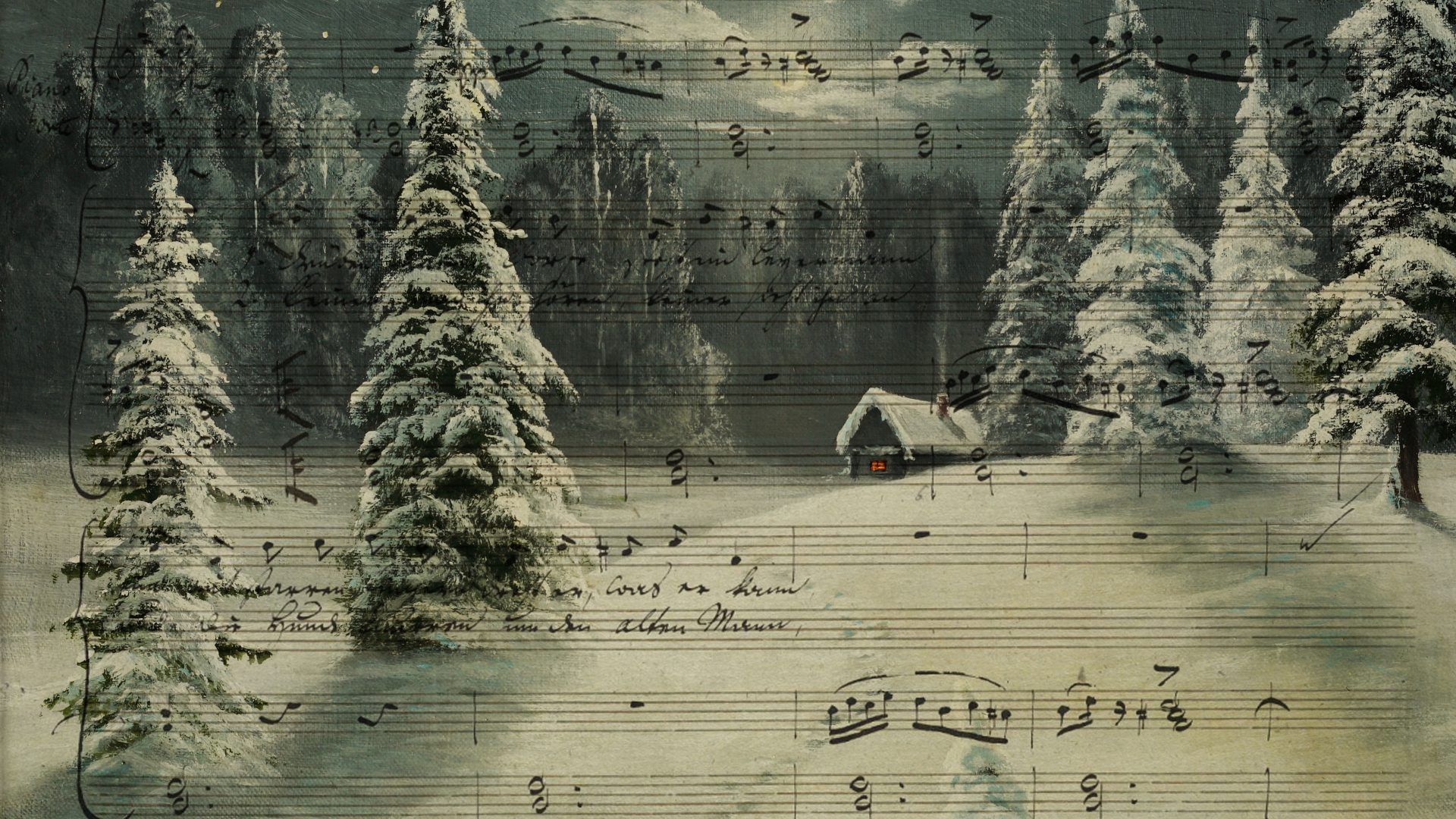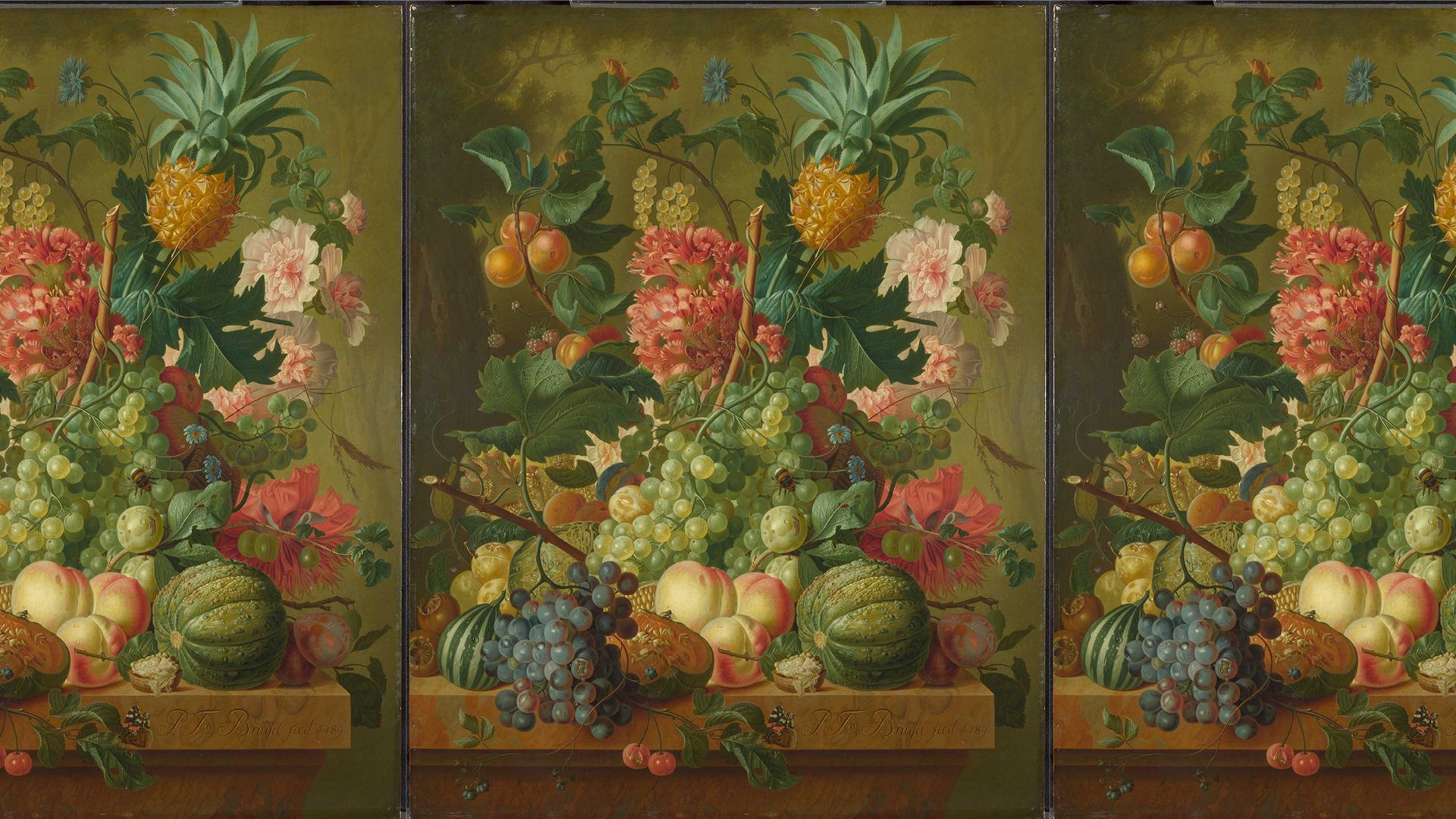It’s not winter without Winterreise. Franz Schubert’s beautiful, devastating song cycle really comes into its own as the nights draw in. But this year, his setting of Wilhelm Müller’s poems, composed nearly 200 years ago, seems to have even more resonance than usual.
In this winter of war, recession, political turmoil and growing climate alarm, what better than songs of a young man’s deeply harrowing death spiral as the mood music of our times?
Over the next few months, starting from the Wigmore Hall in London (November 18), singers and pianists will team up across Europe, from La Scala in Milan and Prague’s Estates Theatre to Berlin’s Staatsoper, to recite Schubert’s angst-ridden work of art.
“I came here as a stranger,” they will sing. “A stranger I depart.” The descending phrases of the piano melody emphasise the nascent feeling of dread in Gute Nacht, at the start of the cycle, as a man who has lost in love sets out into the freezing, snowy winter night. It doesn’t get any cheerier, the sense of melancholy and tragedy etched throughout with the choice of mostly minor keys.
In his journey, the man looks for the footprints of his unrequited love and seeks out the linden tree where he once carved “many a word of love”. His heart feels frozen. His actual tears freeze on his face. He sleeps in a charcoal burner’s hut, dreams of spring and hopes for a letter that never comes. Chained dogs bark, ravens and crows appear, and when he returns to his village, even the graveyard has no vacancy for him. In the final song, Der Leierman, he encounters an ancient, solitary “hurly-burly man”. Sung to the sparse rhythm of a fifth chord, it shows his mental decline is complete.
Schubert told his friends, who were shocked by the darkness of what he called his “cycle of truly terrifying songs”, that they would come to like them, for “I like these songs more than all the rest.”
In his 600-odd Lieder, Schubert manages to express pretty much every human emotion, with all their nuances, often reflecting them in the countryside. In Winterreise, they are almost uniformly bleak.
It’s hardly a surprise, perhaps, given that Schubert was seriously ill when he completed the 24-song cycle. A year later, he was dead. He was just 31.
It cost Schubert emotionally to sing these songs, but also physically, to write them. His original manuscript shows so many crossings out you would think it a Cop27 final document after all the countries had demanded rewrites to lift their responsibilities – the multitude of revisions, added bars and crossings out are deep and sometimes paper-rippingly fierce.
As one of the bleakest and most solitary journeys in classical music, Winterreise is also, perhaps, about confronting ourselves, looking through illusions and our loneliness, accepting that sometimes this is all there is.
The darkness etched into these words and melodies is also seen elsewhere in his work, nowhere more so than the sometimes frenetic, emotionally loaded Der Tod und das Mädchen (‘Death and the Maiden’). The string quartet, composed I 1824, after he had spent a considerable time in hospital, and written to a friend describing himself as a “miserable and unhappy man”, was ahead of its time and was not published in his lifetime. It later became a mainstay in the Romantic repertoire.
Schubert wasn’t just a merchant of misery. He had a lively social life, and wasn’t averse to a bit of debauchery – he died of syphilis, after all. His other music – especially earlier compositions – could be much brighter. Schubert was known for his Schubertiades – gatherings where he would perform his new songs to friends. This tradition was taken up by others. His works are regularly performed in more formal Schubertiades, and not just in his native Vienna. In October, the London Piano festival included a Schubertiade recital led by the pianist Dame Imogen Cooper.
Like all good art, Schubert’s songs were about so much more than the texts to which they were set, as he used the music to reach beyond them. British Baritone Simon Keenlyside has called Schubert’s music “a mirror to real life”. An eternal expression of the human condition, an examination of all from birth, death, a walk in the forest, watching the sky. “All life, and the daily business of living, falls within the remit of Schubert’s towering genius,” he told the Guardian.
So Winterreise is not simply the sad, deeply personal, tale of a young man hopelessly wandering through a gloomy landscape towards a fever of the mind and implied death, and that man isn’t simply a portrait of the dying composer. It speaks to us all with its sadness and contemplation.
The composer Howard Goodall compares Schubert’s songs to Adele’s – “in form, intention, mood and expression”. And so, just as depressed teenagers find succour in a desperately sad ballad, Winterreise can offer some emotional outlet in troubling times of war, pandemic, fracturing human relationships, financial despair and worries about the future of the planet.In this, it befits the description by the musicologist, Karol Berger, as “our civilisation’s greatest poem of existential estrangement and isolation.”




